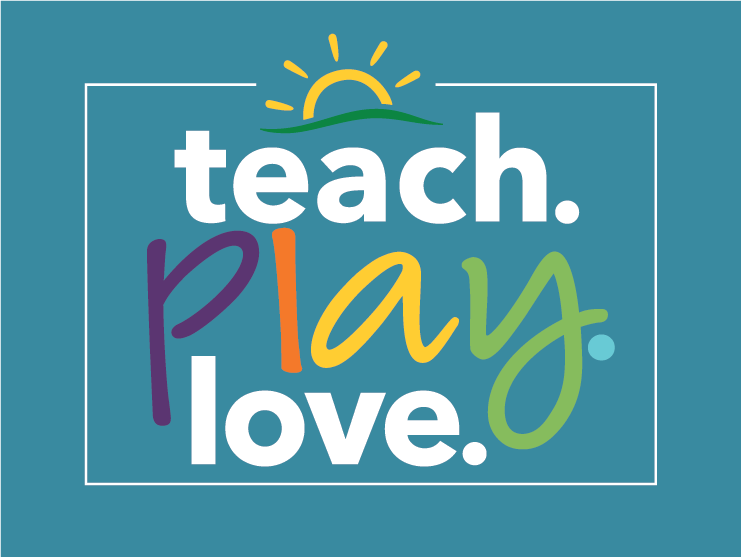We all know that conversations during the early years affect language development.
However, did you know the quality of the conversations you have with your child during the first four years of their lives significantly impacts their long-term brain health?
Dana Suskind, researcher and surgeon, joined the The Work-Life Equation podcast to talk to Priya and Paul about how parents are essentially “brain architects” who can boost their children’s development through quality conversations.
Nurturing interactions build better brains
During the early years, Dana says, children are in a “magical window of time” for brain development.
While Dana’s research began with the concept of a “30 million word” differential – the idea that when you introduce children to a larger vocabulary it gives them a greater intellectual advantage – she soon realized that the richness of interactions is the most important piece of the puzzle.
She says, “This [the 30 million word differential] is just a first sentence in a robust literature that shows the power of talk and interaction. It was what pulled me out of the operating room, but learning more, it is really not about the number of words.
It is really about that serve and return, that rich conversation that we often see that comes so naturally between parents interacting with their children or childcare providers.”
When this nurturing interaction occurs, children develop both cognitive and non-cognitive skills which help them to succeed in both school and life.
Dana says, “It was never about words and vocabulary. It was really about nurturing interaction, building the entire brain. I like to say that, like milk feeds the body early on, nurturing interaction builds the brain.”
How do parents create more nurturing interactions?
Dana advises parents to use “The Three T’s.”
This stands for “tune in, talk more, and take turns”, and by using this method, the goal is to get your child actively engaged in the conversation.
According to Dana, parents don’t need to talk nonstop to their children – the opposite is actually true.
She says to focus on “being intentional about using that responsive talk and interaction.”
Dana also reminds parents that it’s not all on their shoulders. Your community – grandparents, aunts, uncles, and friends – all play a pivotal role in your child’s brain development, too.
To hear more insights from Paul and Priya’s conversation with Dana, listen to the full episode here.




